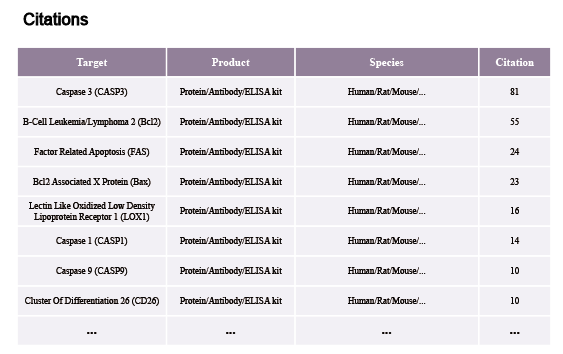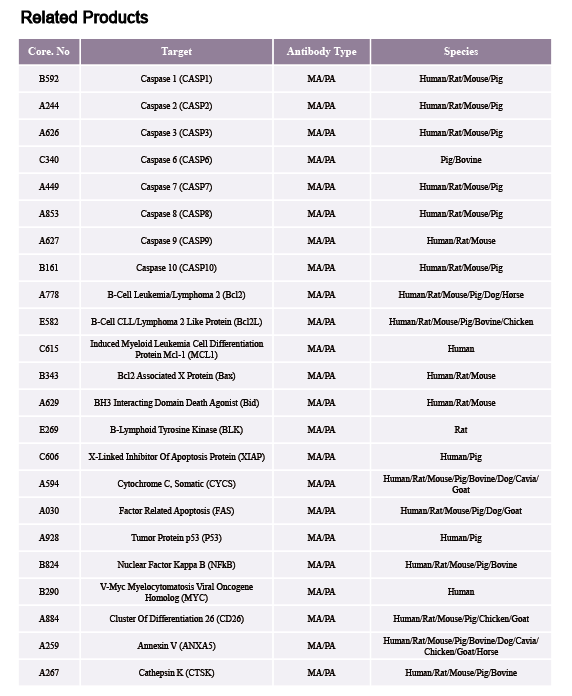Stress-responsive MTK1 SAPKKK serves as a redox sensor that mediates delayed and sustained activation of SAPKs by oxidative stress

On June 24, 2020, professor Mutsuhiro Takekawa from institute of medical science of university of Tokyo published a paper titled Stress-responsive MTK1 SAPKKK serves as a redox sensor that mediates delayed and sustained activation of SAPKs by oxidative stress on Science Advances.
The polyclonal antibody (GADD45b, PAL535Hu01) of Cloud-Clone brand was chosed to conduct immunoprecipitation in this article, we are so proud for supporting the reaserchers.
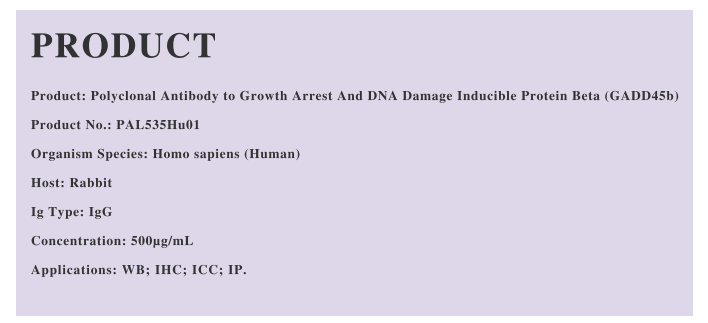
Cells respond to oxidative stress by inducing intracellular signaling, including stress-activated p38 and JNK MAPK (SAPK) pathways, but the underlying mechanisms remain unclear. Here, we report that the MAP three kinase 1 (MTK1) SAPK kinase kinase (SAPKKK) functions as an oxidative-stress sensor that perceives the cellular redox state and transduces it into SAPK signaling. Following oxidative stress, MTK1 is rapidly oxidized and gradually reduced at evolutionarily conserved cysteine residues. These coupled oxidation-reduction modifications of MTK1 elicit its catalytic activity. Gene knockout experiments showed that oxidative stress–induced SAPK signaling is mediated by coordinated activation of the two SAPKKKs, MTK1 and apoptosis signal–regulating kinase 1 (ASK1), which have different time and dose-response characteristics. The MTK1-mediated redox sensing system is crucial for delayed and sustained SAPK activity and dictates cell fate decisions including cell death and interleukin-6 production. Our results delineate a molecular mechanism by which cells generate optimal biological responses under fluctuating redox environments.
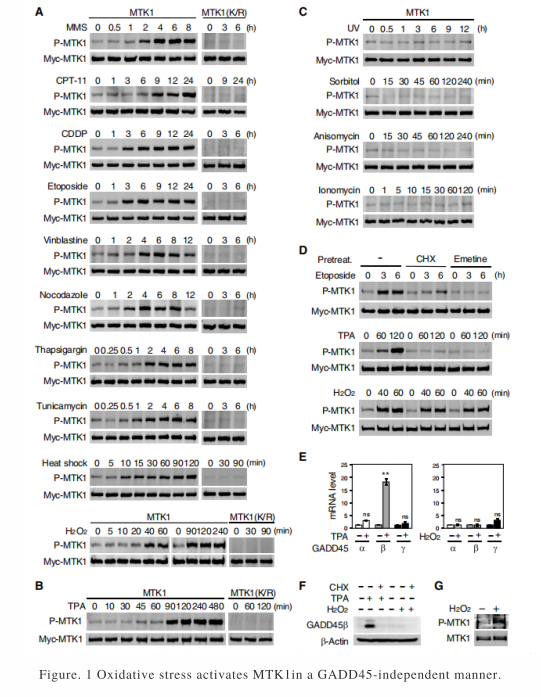
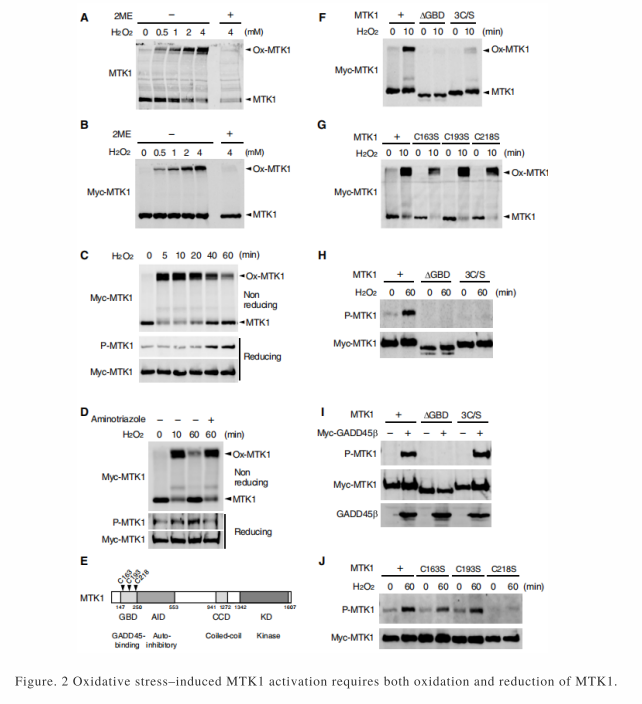
Multispecies Applicable Antibody Accelerates Scientific Research
1,500+ Publications Using Clond-Clone Apoptosis Related Products
Apoptosis pathway is always a hot research topic in recent years. As we all know, mouse and rat are the most common used experimental animal models in lifescience research, and sometimes human samples are often conducted during the work. For the end users, the most economic way is to use only one antibody which can recognize the same target whatever the animal model is used. A good news is coming! Highly sensitive multispecies antibodies related apoptosis can save your money and accelerate your project progress.Each antibody can recognize the target from at least 3 species (human/rat/mouse), simultaneously. Up to now, the above related products are supported by more than 1,500 publications.
Area of Applications Related Apoptosis
Cancer, metabolic diseases (cardiovascular diseases, diabetes, fatty liver, etc), embryonic development, drugscreening, etc.
High Specificity, High Sensitivity (100ul can be used for 1000+ Times )

